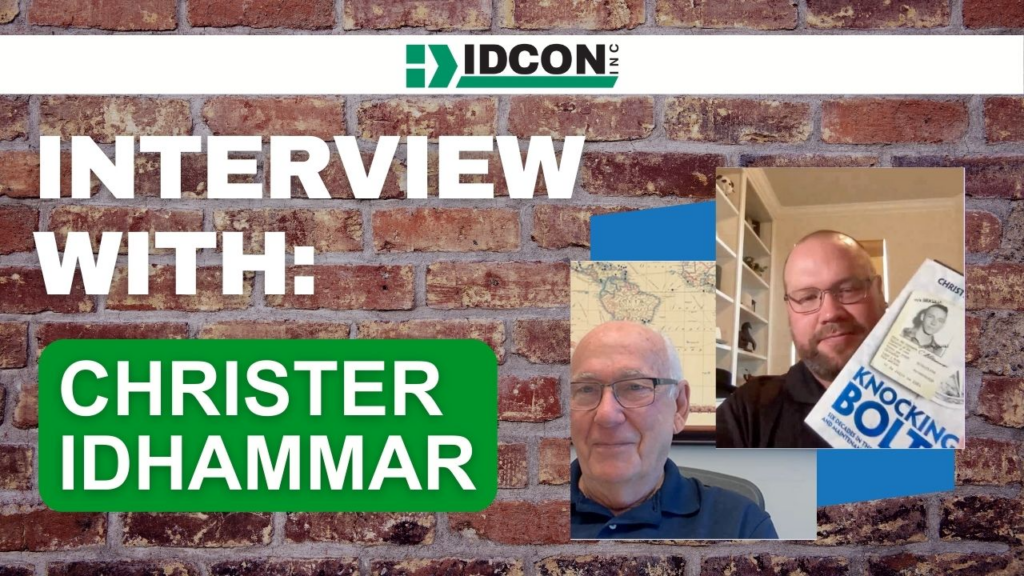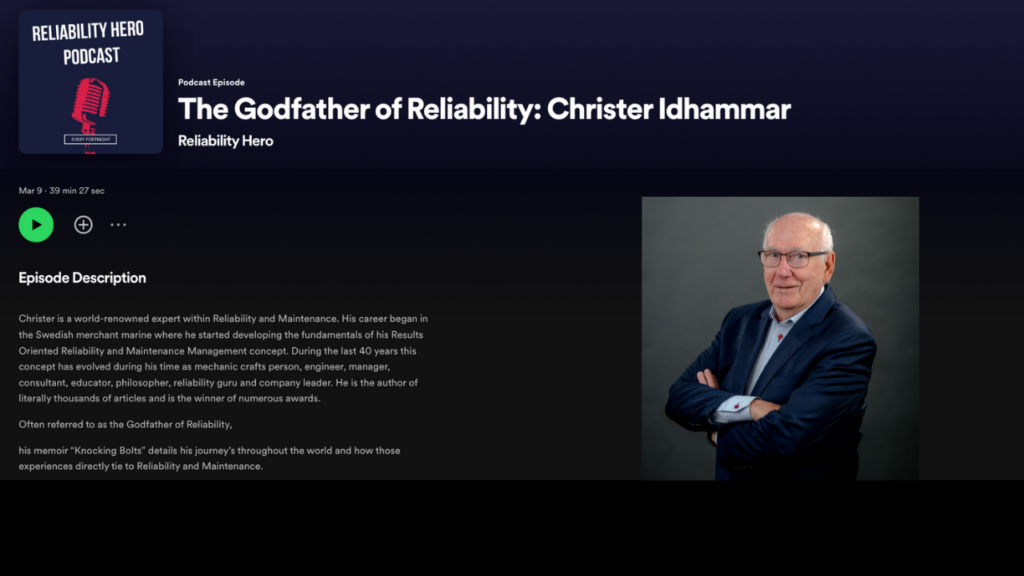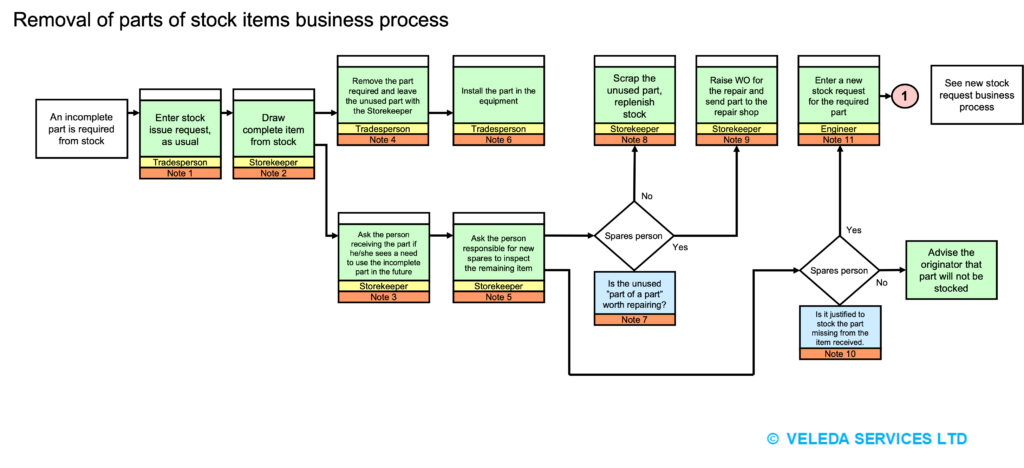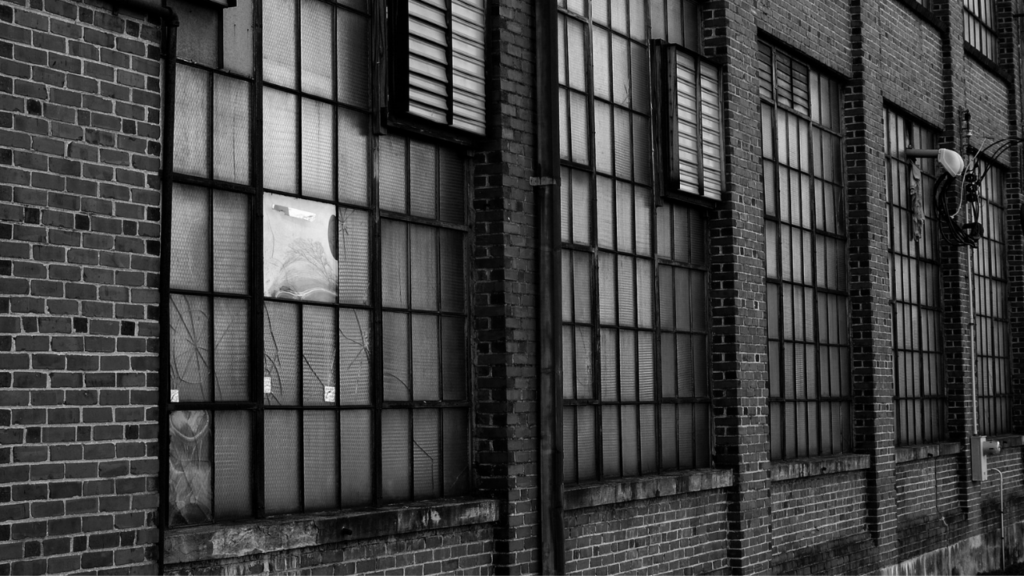
IDCON Talks: Christer Idhammar
Christer Idhammar is recognized as a maintenance guru across the world in the maintenance and reliability community. As the founder of IDCON INC and recipient of numerous awards and speaking invitations, he has established himself in his field through engaging and often hands on demonstrations. Christer sits down with Greg Mecomber to discuss his experiences over the years and his appreciation for the field.











